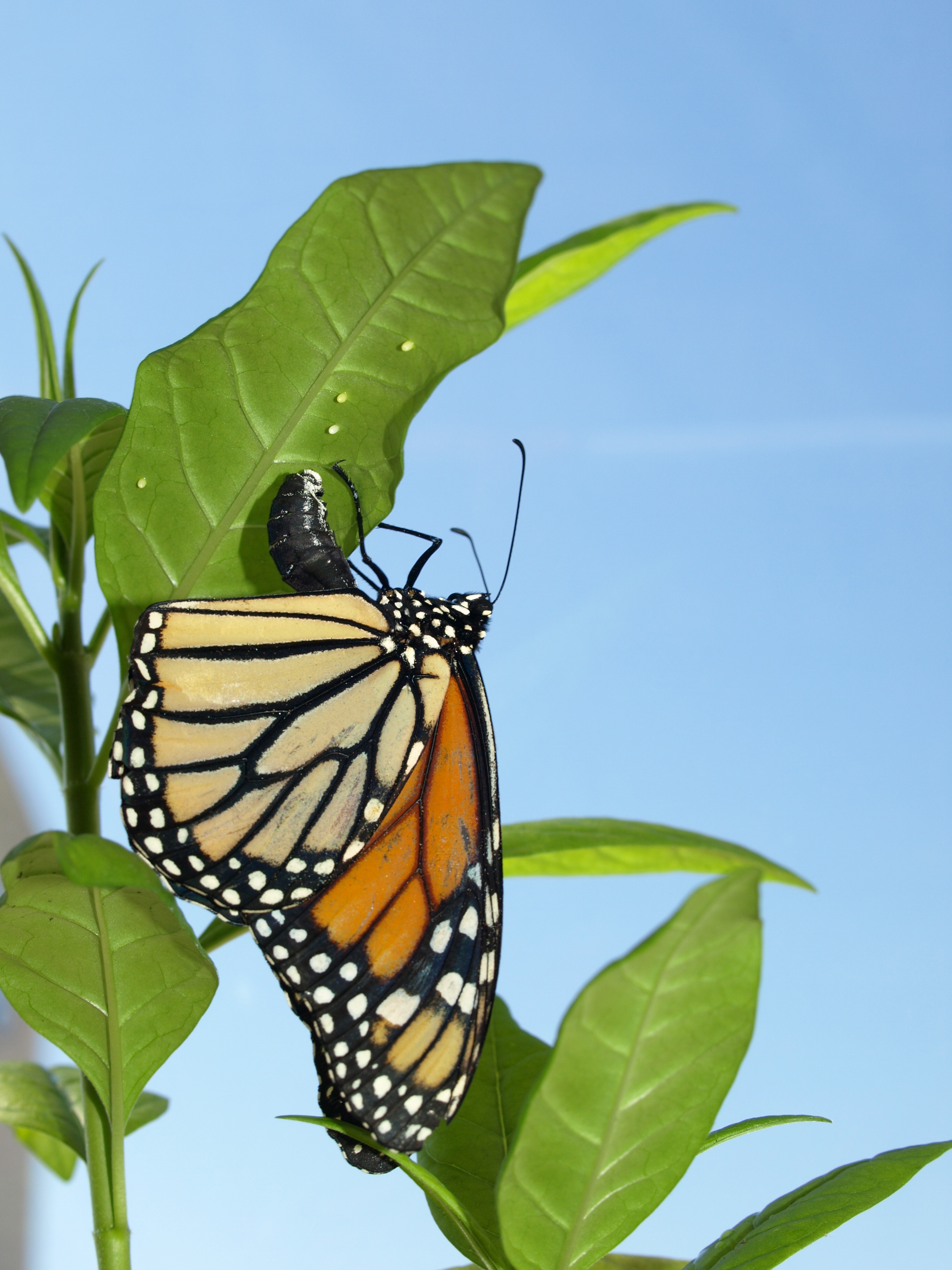Drunk Fruit Flies! Lots of Animals Self-Medicate

Get the world’s most fascinating discoveries delivered straight to your inbox.
You are now subscribed
Your newsletter sign-up was successful
Want to add more newsletters?

Delivered Daily
Daily Newsletter
Sign up for the latest discoveries, groundbreaking research and fascinating breakthroughs that impact you and the wider world direct to your inbox.

Once a week
Life's Little Mysteries
Feed your curiosity with an exclusive mystery every week, solved with science and delivered direct to your inbox before it's seen anywhere else.

Once a week
How It Works
Sign up to our free science & technology newsletter for your weekly fix of fascinating articles, quick quizzes, amazing images, and more

Delivered daily
Space.com Newsletter
Breaking space news, the latest updates on rocket launches, skywatching events and more!

Once a month
Watch This Space
Sign up to our monthly entertainment newsletter to keep up with all our coverage of the latest sci-fi and space movies, tv shows, games and books.

Once a week
Night Sky This Week
Discover this week's must-see night sky events, moon phases, and stunning astrophotos. Sign up for our skywatching newsletter and explore the universe with us!
Join the club
Get full access to premium articles, exclusive features and a growing list of member rewards.
The use of medicine can no longer be considered a solely human trait, if it ever was. An ever-growing list of animals use various chemicals to self-medicate and to treat peers and offspring, usually to fight off and prevent infection.
And this list runs the gamut, with the usual suspects — primates chewing on medicinal herbs — as well as some more surprising drug-takers, such as fruit flies, ants and butterflies, a new study finds.
Previously, scientists thought such behavior was unique to primates and more intelligent animals, where self-medication could be learned and passed on from parents to offspring. But according to the study scientists, who examined recent research in the field, animals from insects to chimpanzees may self-medicate as an innate response to parasites and perhaps for other reasons as well.
"Self-medication in animals is really common, more common than previously thought," said study author Jaap de Roode, a researcher at Emory University in Atlanta.
Drunk fruit flies
Medication can be taken either in response to an active infection or to prevent future parasitic attacks of an animal or its offspring, according to the paper, published online today (April 11) in the journal Science.
Fruit flies, for example, will lay their eggs in more alcoholic fruit (produced by natural fermentation) when parasitic wasps are hanging around, said Todd Schlenke, an Emory researcher who wasn't involved in the review paper. "In the flies, increased blood-alcohol content causes the wasp maggot parasites living in their blood to die in a particularly gruesome way, by having their internal organs evert outside their bodies through their anuses," Schlenke told LiveScience.[The 10 Most Diabolical and Disgusting Parasites]
Get the world’s most fascinating discoveries delivered straight to your inbox.
Whereas the alcohol can have negative effects on the developing flies, it also makes infection less likely. When parasitic wasps are scarce, the flies prefer to lay their eggs in less fermented fruit. Infected larvae can also preferentially seek out areas of a fruit with more alcohol, Schlenke said.
"We think there is a cost-benefit analysis going on here — if you don't need it, don't use it," de Roode said. "If it's very likely you'll be infected, you may use it regardless. If your risk is much lower, it's easier to see how you'd use it only when infected."
Ants have also been found to "medicate" their colonies against infection, bringing back chemicals with antifungal properties. And monarch butterflies fight parasites by laying their eggs in toxic milkweed plants.
Helping humans
Animal medicine can be useful to humans in a variety of ways. For instance, bees collect plant resins with antifungal and antimicrobial properties and bring it back to their hives to help them fight infection. Beekeepers have selected against this trait since resin is sticky and hard to work with; this has likely made bees more prone to infection, de Roode said.
These medicines could also possibly be used to fight infection in humans or other animals. One chemical in bee resin has been shown to have inhibitory effects against HIV-1, de Roode said. Another plant eaten as a medicine by primates is now being used as an antiemetic (to treat nausea and vomiting) in African livestock, said Juan Villalba, a researcher at Utah State University who wasn't involved in the study.
Villalba's work has shown that animals can benefit when artificial medicines are made available to them, to eat when necessary. A polymer called polyethylene glycol helps sheep handle a diet high in tannins, and lambs can learn to eat this medicine from observing their parents doing it, Villalba said.
This paper "will bring more attention to the idea that medication is an important and common kind of immune response that organisms use in nature," Schlenke said.
Email Douglas Main or follow him @Douglas_Main. Follow us@livescience, Facebook or Google+. Article originally on LiveScience.com.
 Live Science Plus
Live Science Plus











